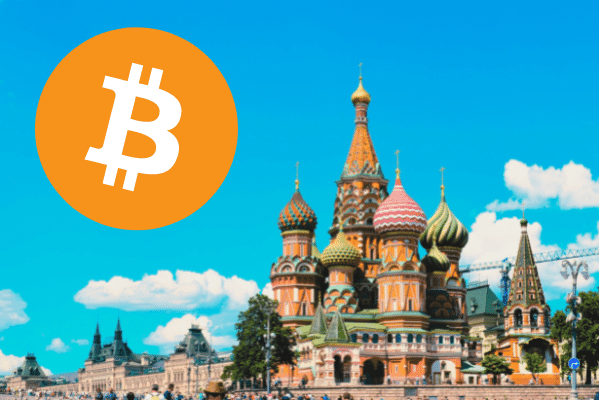The Russian Federation has reportedly decided to halt its plans to establish a national cryptocurrency exchange. It has instead decided to concentrate on regulating the private cryptocurrency sector.
This decision aims to foster the development of a legal and regulatory framework for crypto businesses operating within the country, according to Anatoly Aksakov, the Head of Economy in the State Duma, media reports said.
The move to regulate the private sector rather than rely on a centralized exchange will likely provide multiple advantages for Russia. By encouraging the establishment of compliant crypto exchanges, the country aims to reduce its susceptibility to economic sanctions imposed by the European Union and the United States.
A decentralized approach to crypto trading platforms would distribute the risk, making it more challenging for sanctions to impact the entire industry.
Regulating these crypto exchanges will likely fall upon Russia’s Central Bank, ensuring compliance with the new framework. The Central Bank’s involvement signifies a coordinated effort by the government to create a secure and transparent environment for crypto-related activities.
This shift aligns with the country’s determination to tackle illegal mining, a prevalent issue in Russia with cryptocurrency mining operations utilizing stolen electricity.
Although earlier statements from President Vladimir Putin indicated support for decentralization, it is evident that the Finance Ministry within the State Duma held reservations regarding cryptocurrencies from the outset.
Ivan Chebeskov, the Ministry’s Director, emphasized the need to address illegal mining concerns. Russia has faced significant challenges related to unauthorized cryptocurrency mining, contributing to a high rate of illegal operations within the country.
However, a compromise was ultimately reached between the Central Bank of Russia and the Ministry of Finance. As part of this compromise, crypto payments were authorized to facilitate cross-border transactions.
The Ministry of Finance also acknowledged the necessity of establishing a regulatory framework specifically tailored for crypto startups.
The forthcoming legal framework for crypto businesses and traders is expected to be implemented by the end of this year. Its introduction aims to create a secure and regulated environment that encourages innovation and growth in the crypto sector while addressing concerns about illicit activities and compliance with international standards.
As Russia embraces this new approach, it demonstrates it’s evolving stance on cryptocurrencies, prioritizing responsible and legal operations within the industry. With a focus on private sector regulation, Russia seeks to foster a supportive ecosystem that benefits both crypto businesses and the nation’s economy.



